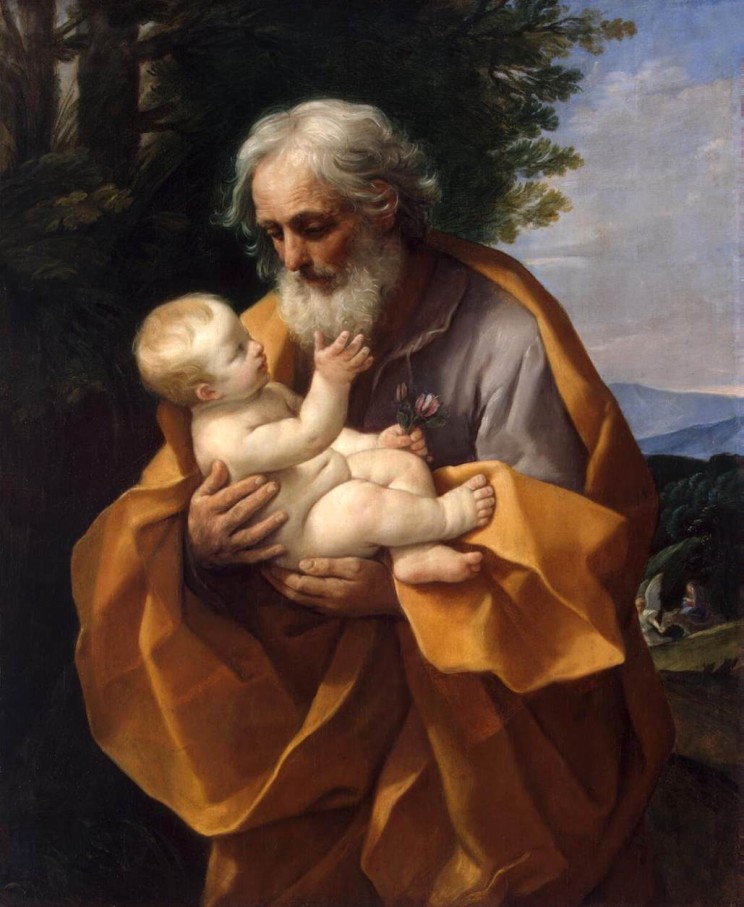 Guido Reni (Italian, 1575-1642) is one of the more important figures in the Pantheon of art history. He was born shortly after the Council of Trent, where the Catholic Church proposed sweeping changes to the arts in an attempt combat rising Protestantism. Reni became a leading proponent of a new aesthetic that clearly told stories through the use of large-scale religious and historical figures.
Guido Reni (Italian, 1575-1642) is one of the more important figures in the Pantheon of art history. He was born shortly after the Council of Trent, where the Catholic Church proposed sweeping changes to the arts in an attempt combat rising Protestantism. Reni became a leading proponent of a new aesthetic that clearly told stories through the use of large-scale religious and historical figures.
The mid-sixteenth-century Mannerist artists that dominated Catholic tastes exemplified the kind of extravagant pomposity that many Protestants associated with the errors of the Catholic Church. The Council of Trent proposed art become a more popular and personal medium, where average people could understand the subjects. (At a time when less thatn 25 percent of the population was literate, painting was a remarkably effective means for communicating doctrine and propaganda.) The result was a flowering of new artists that looked towards the more-orderly compositional ethic of the high renaissance, in particular Raphael, Titian and Michelangelo. Guido Reni was a student at one of the most successful school of art, the Accademia degli Incamminati, that came to dominate the new artistic climate.
Members of the Accademie championed a new aesthetic of full, heroic-sized figures that filled canvases from top to bottom. By comparison to artists working just decades before, Reni's paintings seem remarkably bare, usually featuring only one or two figures whose identities are made known through small, symbolic gestures.
A student of the Carracci Brothers, who founded the Accademie, Reni was perhaps the school's most successful alumnus. In his lifetime, he was patronized by cardinal and popes. In death, his works were among the most widely collected of all the Old Masters, ensuring that his personal aesthetic influenced several successive generations of artists.
Happy Birthday, Maestro.


